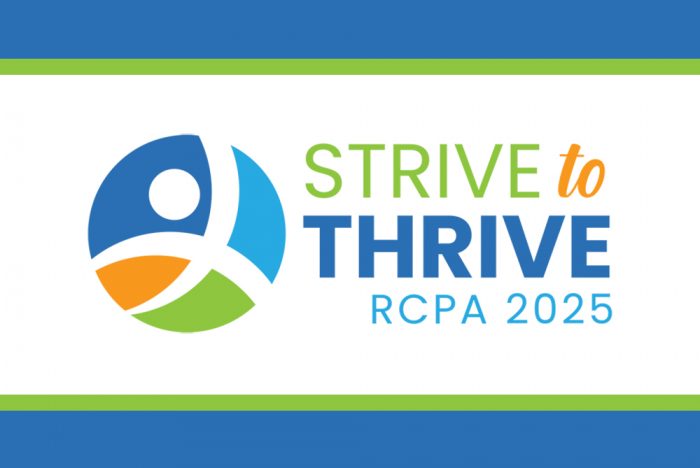Autistic and intellectually disabled people are at increased risk of being victimized and experiencing trauma; however, few therapists are skilled in both supporting these communities and providing trauma-focused care. To bridge this gap, psychologists with the ASERT team created the TRAIN program — 12 weeks of self-guided learning and live webinars for mental health therapists licensed in Pennsylvania who are currently working with autistic and/or intellectually disabled adults. TRAIN is an integrative and neuro-affirming approach to trauma-focused care with neurodivergent adults, centering clinical work with the autistic and intellectually disabled communities. After completing the 12 weeks of learning, participants have the option to continue their training through clinical consultation with the developers of TRAIN.
This program covers:
- Trauma-focused mental healthcare;
- Types and prevalence of trauma;
- Expressions of trauma;
- Neurodiversity and Neuro-affirming practices;
- Navigating disclosures of abuse and ethical considerations of reporting abuse and neglect of dependent adults;
- Assessing trauma and using trauma-focused interviews;
- Trauma-focused and neuro-affirming psychoeducation;
- Trauma response and nervous system regulation strategies;
- Trauma processing techniques; and
- Resiliency and therapist self-preservation.
Target Audience: This program was developed for therapists, counselors, and clinical social workers who already have experience working with clients who have an Intellectual Disability/Autism (ID/A) diagnosis and are looking to gain knowledge and skills related to trauma therapy. Therapists who do not have experience with ID/A clients are also welcome to participate, but the expectation is they would be committed to taking such clients into their practice after completing the program, as the purpose is to build capacity in this area across the state. You must currently be licensed and provide 1:1 talk therapy sessions to adult clients at the moment to qualify for this course and participate in the case consultation presentations.
Course Structure: 12 weeks in total, comprised of 3 modules that are each 4 weeks long. The first three weeks are self-paced learning courses that are assigned through the online Learning Management System. The fourth week of each module is an hour-and-a-half interactive discussion with the other group members and instructors. These live sessions are required and are held from 9:00 am – 10:30 am on the following dates:
- September9: Pre-TRAIN Live Session
- October 14: M1 Live Session
- November 11: M2 Live Session
- December 9: M2 Live Session
- January 13, 2026: Weekly Case Consultation Calls (8:00 am – 9:00 am, Tuesdays). This will continue until everyone presents twice.
Case Consultations: After the initial 12 weeks, there is a short break followed by a second 12-week session that consists of weekly one-hour case consultations. These are optional but highly recommended. Each participant is expected to present a case from a current patient and receive feedback/information from other participants and the instructors. Participants need to join at least 6 of the 12 weekly case consultation calls, although it is encouraged to attend all of them. If you are not currently seeing patients or are not in the capacity to present any cases, this may not be the right program for you.
Cost and CE Credits: It is free to participate. 13.5 continuing Education (CE) credits are provided through the National Board for Certified Counselors (NBCC) upon completion of the program.
If you believe this program is appropriate for you and can commit to the requirements, please complete this survey by Wednesday, August 27, 2025. This will be on a first-come, first-serve basis, so don’t delay! Also, if you are unable participate this Fall due to other commitments but would still be interested in doing it for Spring 2026, please say so in the survey.











 View the complete agenda and create your individualized schedule of workshops to visit;
View the complete agenda and create your individualized schedule of workshops to visit;






